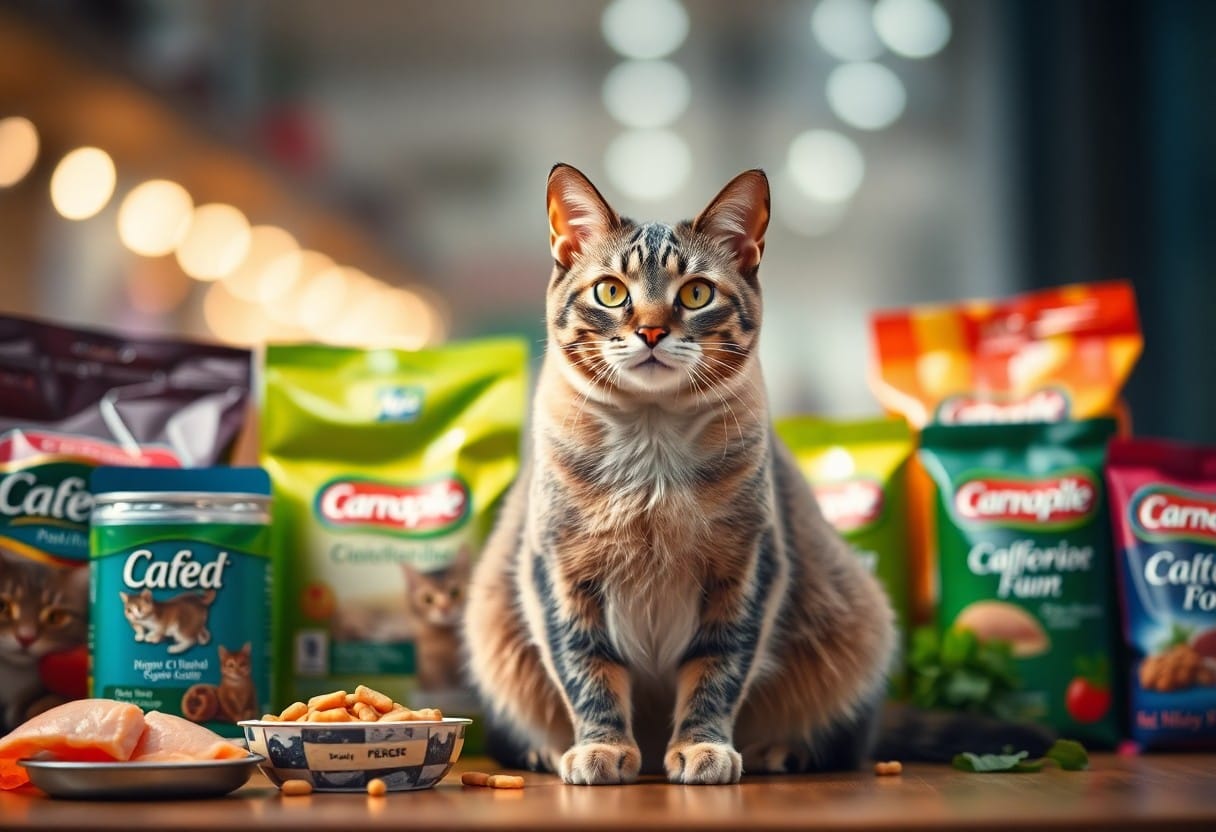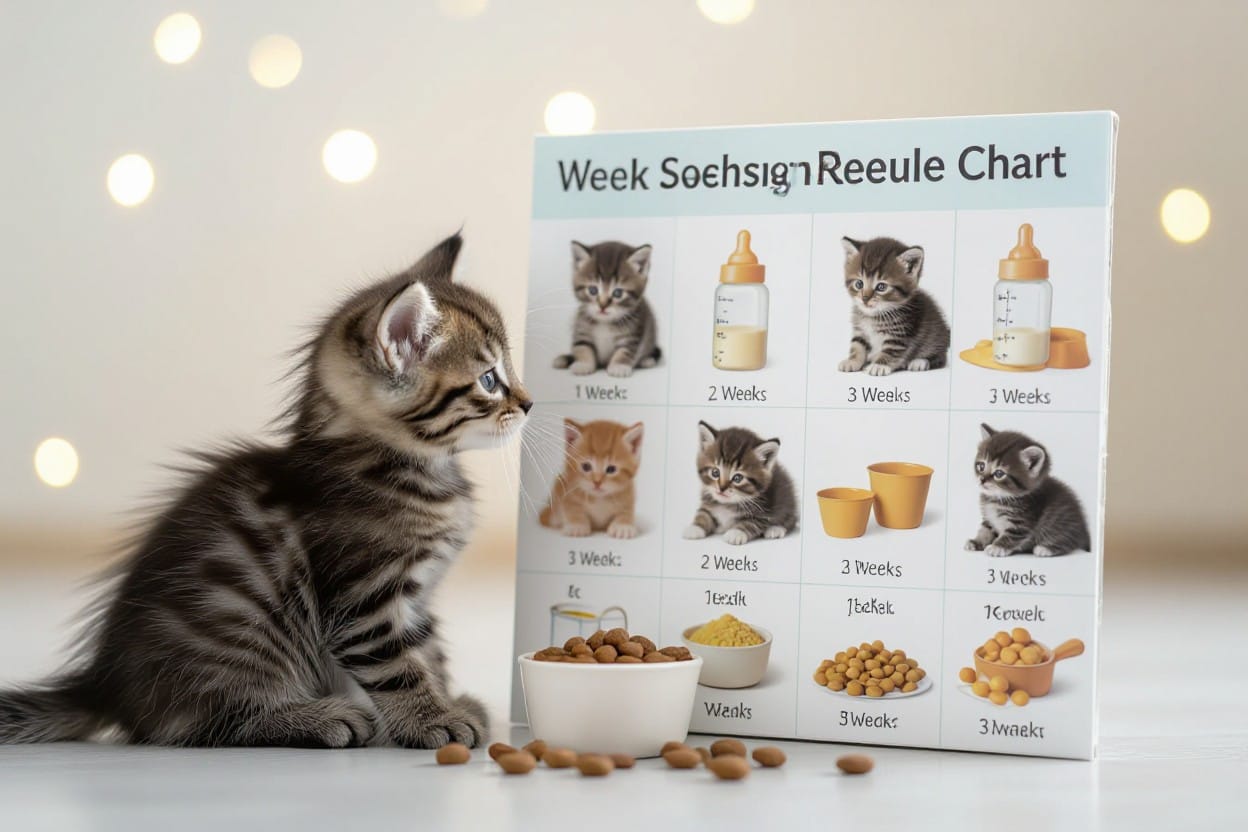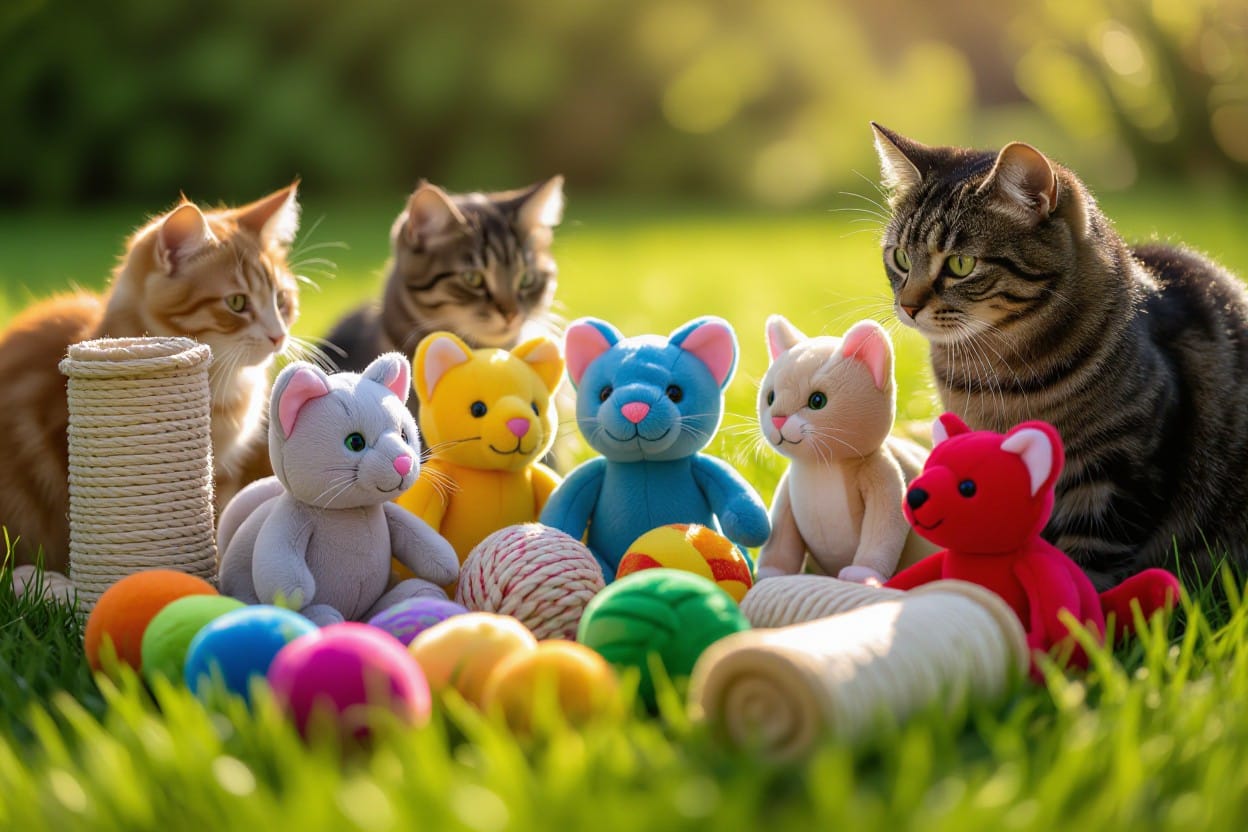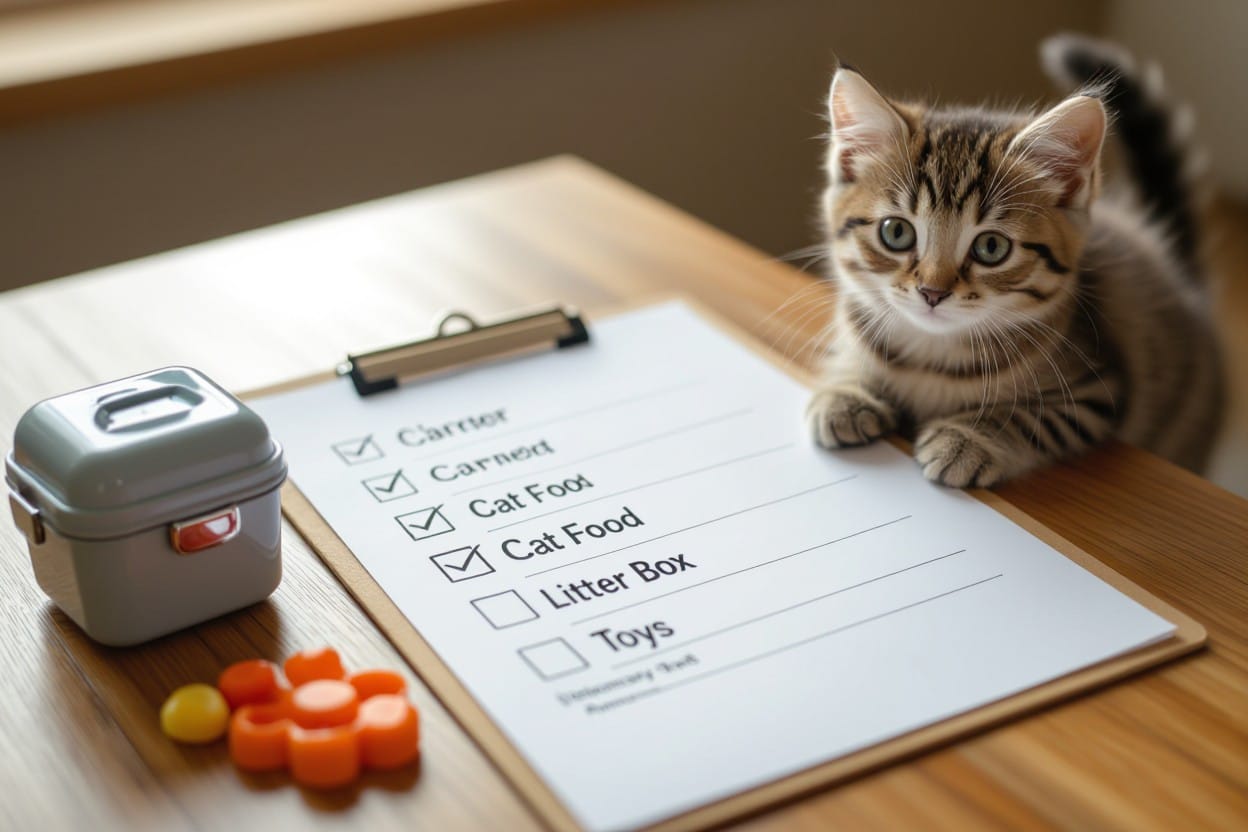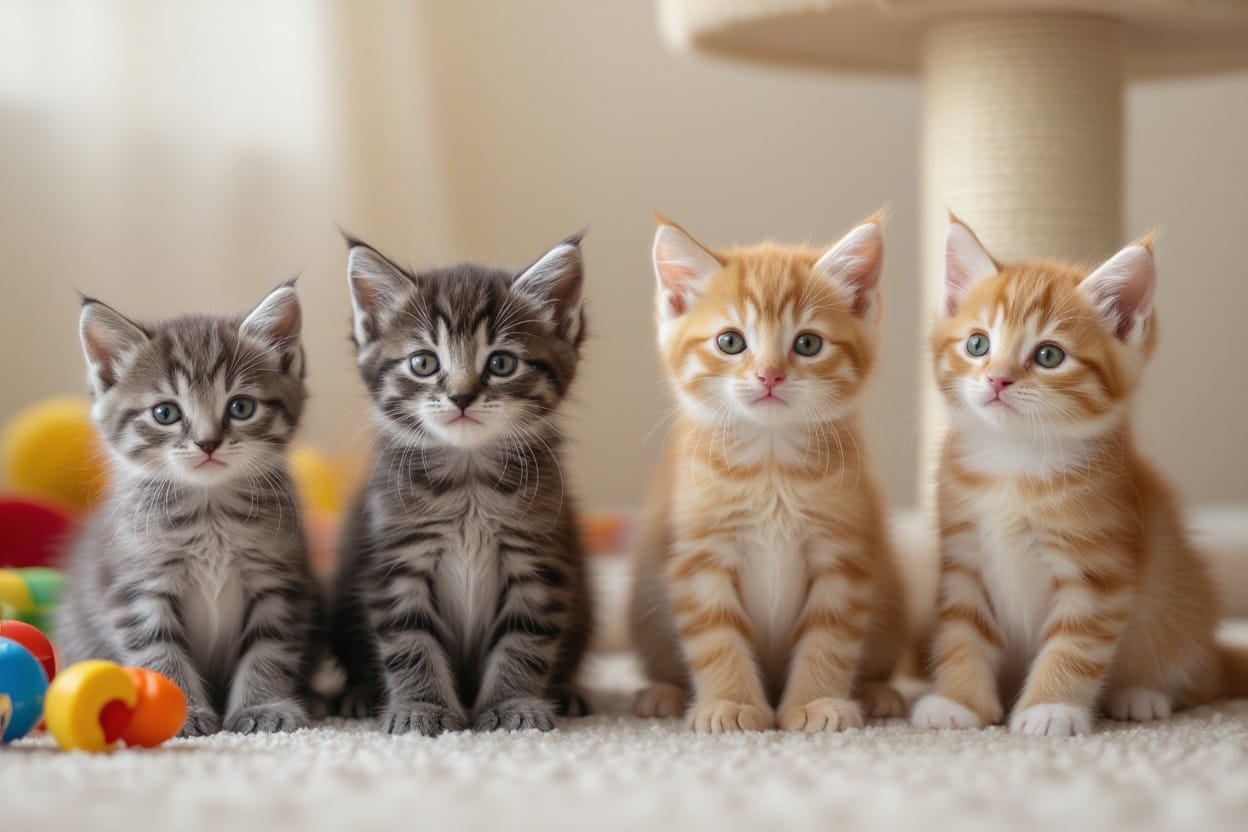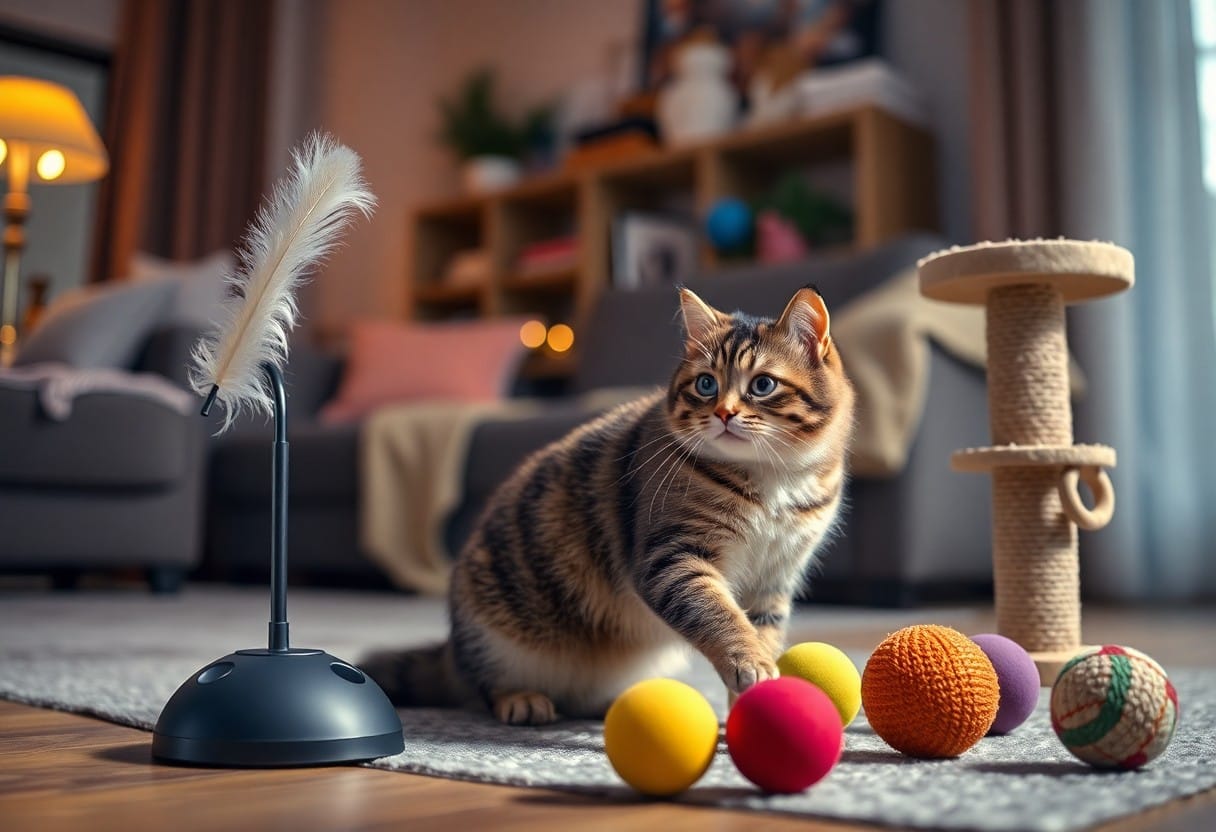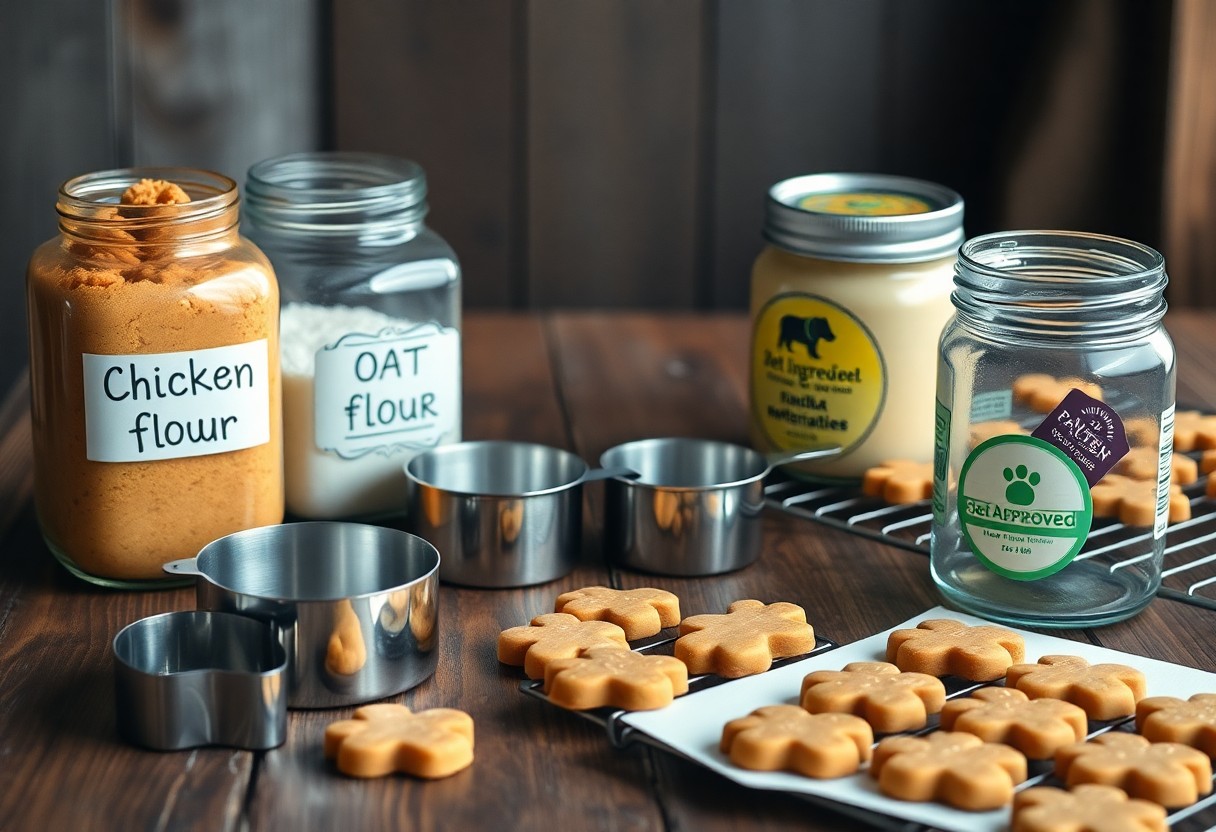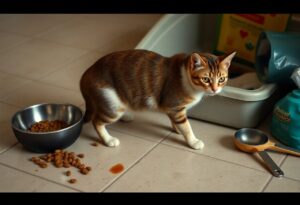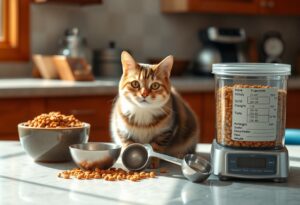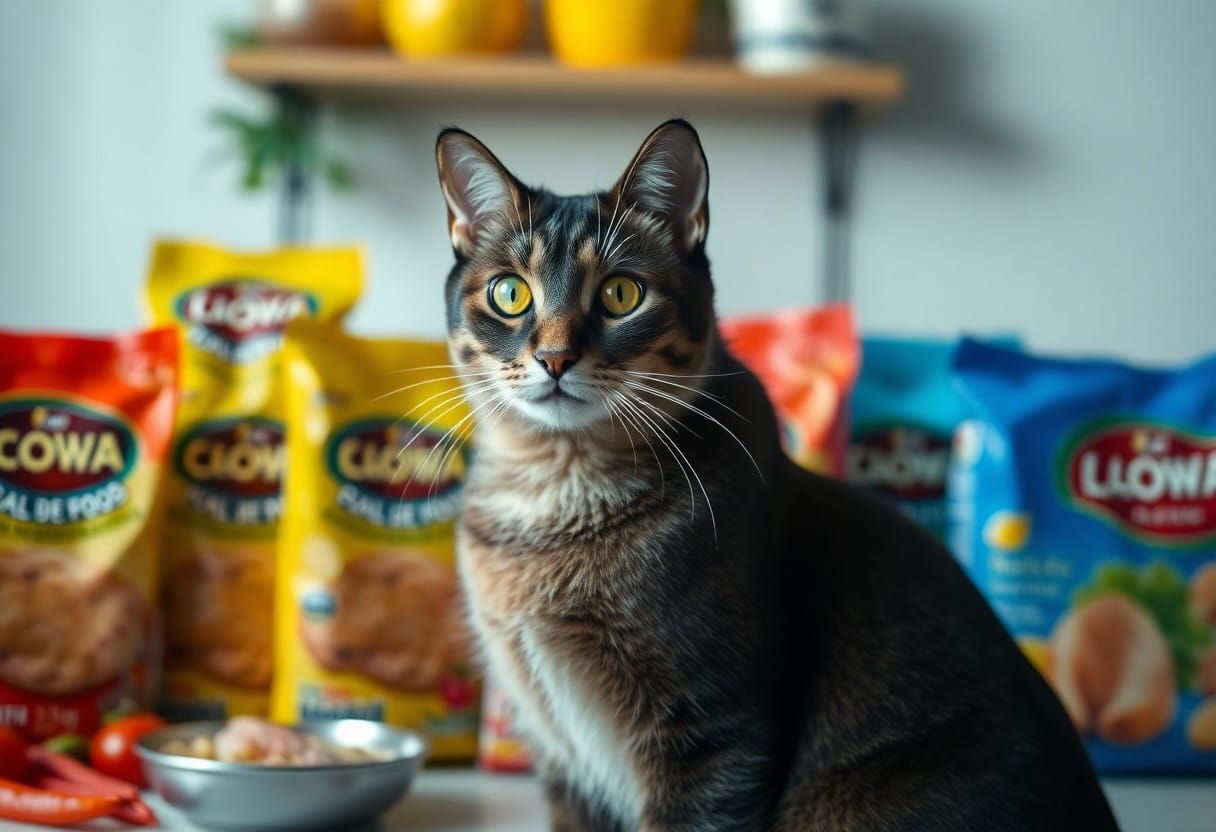
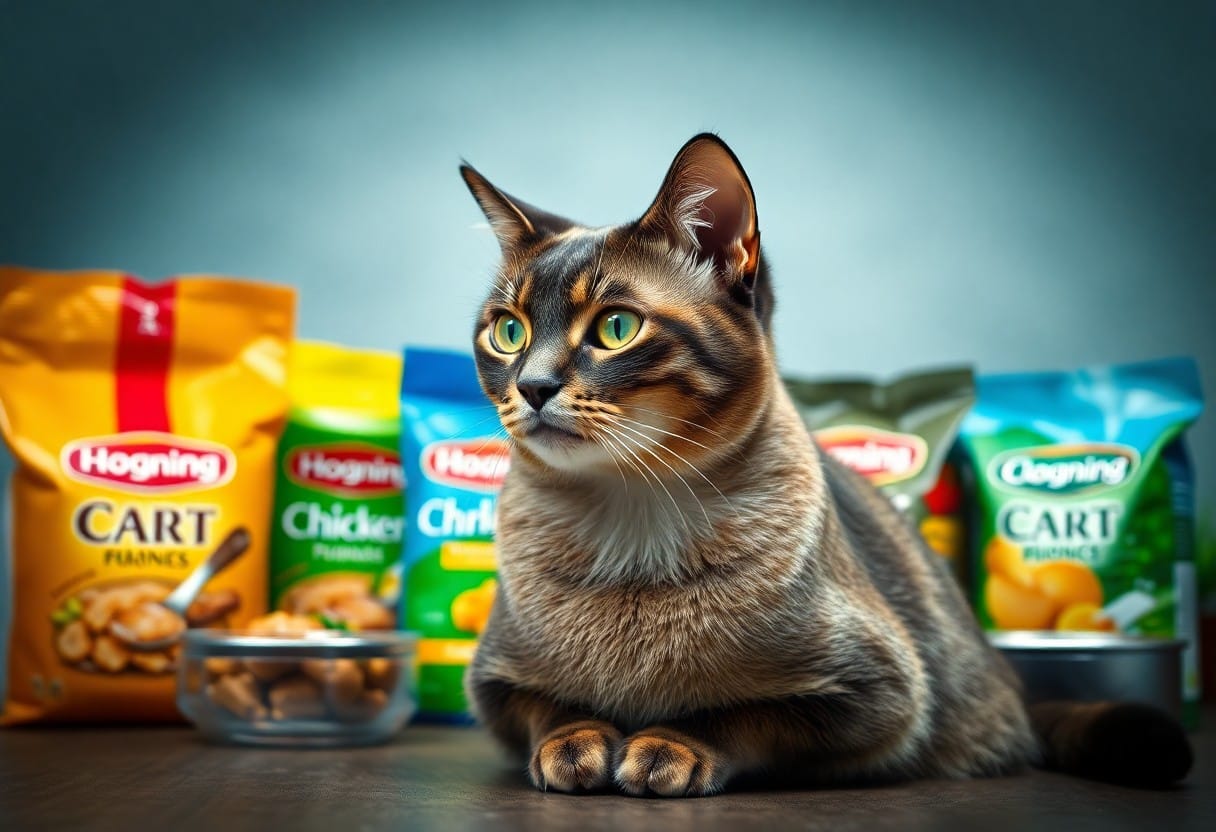
Identify Your Cat’s Needs
Assessing your cat’s unique needs is imperative in selecting the right food brand. Factors such as your cat’s age, activity level, and any health concerns will guide you toward the most suitable options. By understanding these aspects, you can make informed choices that promote your feline’s health, happiness, and longevity.
Age and Activity Level
Any cat owner knows that a kitten has different dietary requirements than a senior cat. Young cats are typically more active and need nutrient-dense food to support growth, while older cats may need formula adjustments that cater to a quieter lifestyle. Always consider your cat’s life stage to select the most appropriate food.
Health Considerations
Identify any existing health issues your cat may have, such as allergies, obesity, or diabetes. These concerns will significantly impact your food choice. For instance, if your cat is overweight, look for low-calorie options that help with weight management. If your cat has a sensitive stomach, consider brands that focus on highly digestible ingredients and avoid common allergens. Always consult your veterinarian to determine the best dietary alterations, ensuring your feline friend receives the right nutrition for their specific needs.
To further enhance your cat’s wellbeing, it’s vital to prioritize ingredients that cater to their health conditions. Including high-quality protein sources can support muscle health, while adding fiber-rich foods can help with digestion. If your cat struggles with dental issues, consider foods formulated for oral health to prevent further complications. Tailoring your cat’s diet based on these health considerations will help maintain both their quality of life and overall vitality.
Choose High-Quality Proteins
Your cat’s diet should primarily consist of high-quality proteins to support their overall health and well-being. Cats are obligate carnivores, meaning they require animal-based proteins for crucial nutrients and amino acids. When selecting a cat food brand, prioritize those that feature high-quality protein sources, as these will provide the necessary building blocks for muscles, fur, and overall vitality.
Real Meat Sources
Real meat sources are the foundation of a nutritious cat food. Look for options that list specific meats, such as chicken, turkey, or fish, as the primary ingredient. These ingredients not only ensure your cat receives vital nutrients but also contribute to delicious flavors that keep them satisfied and engaged with their meals.
Limited Meat Alternatives
With several cat foods on the market, it’s important to be discerning about meat alternatives. While some brands may include ingredients like soy or corn, these often lack the crucial amino acids your cat requires.
Plus, using limited meat alternatives in your cat’s diet can lead to nutritional deficiencies over time. Ingredients like corn gluten meal or soy protein isolate may not provide the same level of nutrition cats gain from real meat. Always aim for a brand that prioritizes meat over plant-based options to ensure your feline friend receives the best possible nutrition for a healthy and active lifestyle.
Look for Essential Nutrients
Now that you understand the importance of evaluating cat food brands, it’s vital to identify the necessary nutrients your feline needs. High-quality cat food should be formulated with a balance of proteins, fats, carbohydrates, vitamins, and minerals. Each nutrient plays a specific role in your cat’s health, supporting everything from their energy levels to their immune system. By choosing a food rich in these necessary components, you can help ensure your cat remains strong, active, and healthy.
Vitamins and Minerals
An array of vitamins and minerals is indispensable for your cat’s day-to-day functioning. Essential vitamins like A, D, E, and B-complex aid in various bodily processes, from vision to energy metabolism. Minerals such as calcium and phosphorus support healthy bone growth, while others like zinc and iron play roles in immune function and overall vitality. Ensuring your cat’s diet is fortified with these nutrients is key to maintaining their health and well-being.
Omega Fatty Acids
One of the most beneficial additions to your cat’s diet is Omega fatty acids. These healthy fats, particularly EPA and DHA, are necessary for supporting heart health, cognitive function, and skin conditions. They help manage inflammation and contribute to a shiny coat. Look for cat food that includes sources like fish oil or flaxseed oil, as these natural ingredients can improve your cat’s overall health. A deficiency in Omega fatty acids could lead to skin problems, shedding, or reduced energy levels, making their inclusion in your cat’s diet a strong priority for their long-term wellness.
Consider Grain-Free Options
Keep in mind that some cats may benefit from a grain-free diet. Many conventional cat foods contain grains that can be difficult for your feline to digest. By opting for a grain-free option, you may avoid potential digestive issues and provide a more natural source of nutrients for your cat. Always consult with your veterinarian before transitioning your cat to a new diet, especially if they have specific health concerns.
Sensitive Stomachs
If your cat experiences frequent digestive issues, a grain-free diet might be worth exploring. Cats with sensitive stomachs often have trouble digesting certain grains, leading to symptoms such as vomiting or diarrhea. By providing a grain-free option, you may help ensure a smoother digestive process and a happier, healthier kitty.
Allergies or Sensitivities
Now, if you notice that your cat is exhibiting signs of allergies or sensitivities, switching to a grain-free formula could alleviate some of their discomfort. Allergies often manifest as skin irritations, itching, or gastrointestinal problems.
The symptoms you observe in your cat could be a sign of allergic reactions to certain ingredients in their food, including grains. Grain-free diets can effectively reduce the risk of food-related allergies by cutting out common allergens. Look for formulas that use alternative sources of carbohydrates, such as sweet potatoes or peas, and ensure you choose high-quality protein sources. Always consult with your veterinarian to determine the best course of action for addressing your cat’s allergies or sensitivities.
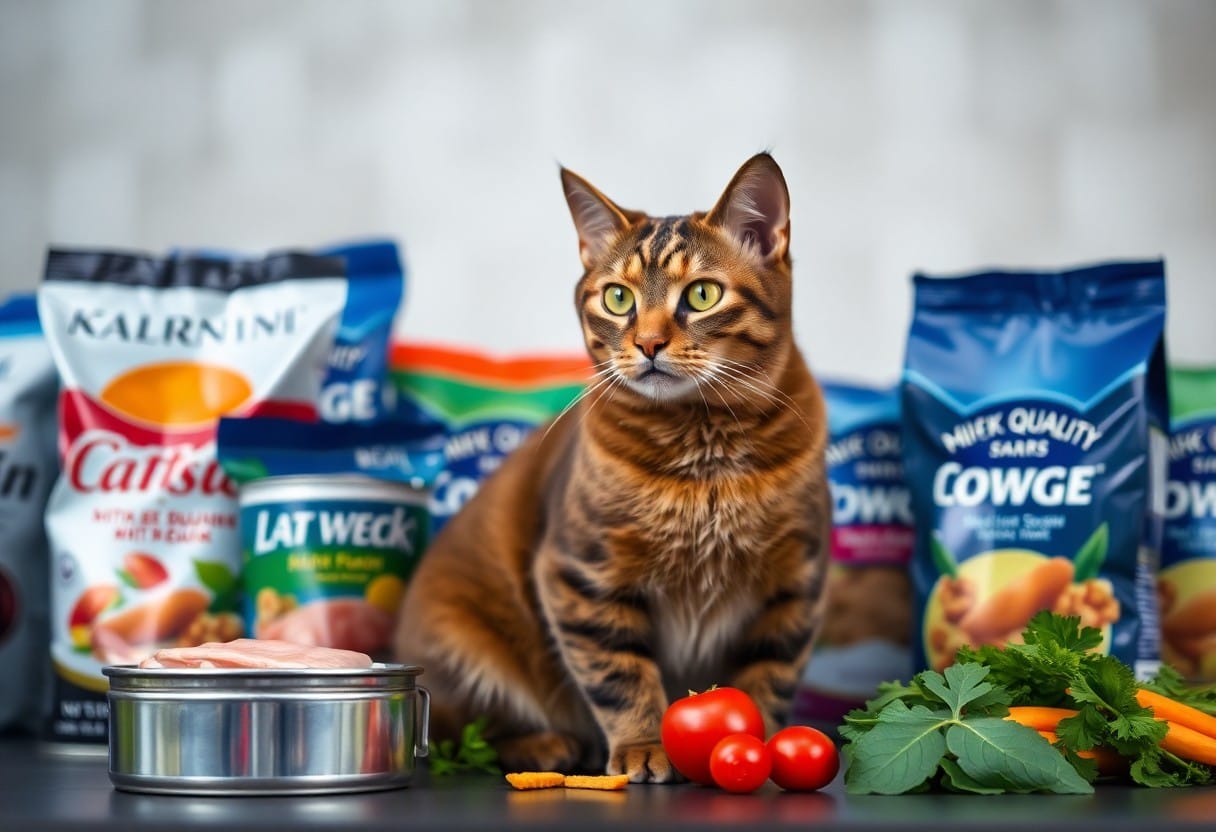
FAQ
Q: What are the key factors to consider when selecting a cat food brand?
A: When choosing a cat food brand, it’s important to consider several factors such as the ingredients used, nutritional content, life stage of your cat (kitten, adult, senior), specific health needs (like allergies or sensitivities), and the reputation of the brand. Look for high-quality protein sources, avoid unnecessary fillers or artificial additives, and check for AAFCO (Association of American Feed Control Officials) approval for compliance with nutritional standards.
Q: How can I determine if a cat food is high-quality?
A: To determine if a cat food is high-quality, review the ingredient list closely. High-quality foods typically list a specific animal protein (like chicken or salmon) as the first ingredient. Moreover, the absence of artificial preservatives, colors, and flavors is a good indication of quality. It’s also beneficial to research the brand’s sourcing practices and whether they conduct feeding trials to ensure their diets are nutritionally adequate and palatable for cats.
Q: Should I consult my veterinarian before choosing a cat food brand?
A: Yes, consulting your veterinarian is advisable, particularly if your cat has specific dietary needs or health concerns. Your vet can provide personalized recommendations that align with your cat’s health history, lifestyle, and preferences. They can also help you navigate the various options available on the market, ensuring you select a well-balanced diet that meets your feline friend’s requirements.
